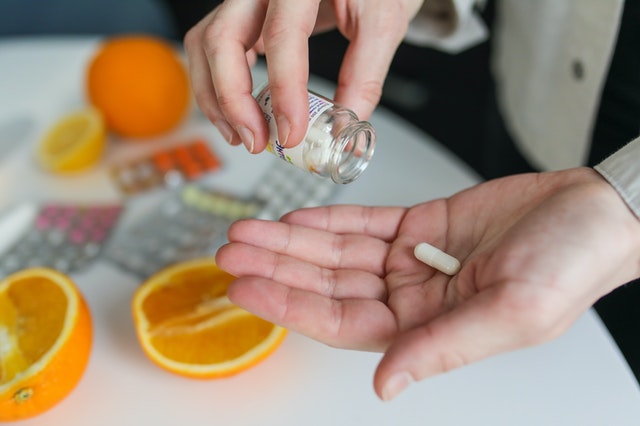Many people are familiar with taking Echinacea, fish oil or even St John’s Wort but don’t necessarily know much about the companies producing them or how the market operates in Australia. In fact up to half of Australian’s take them or take part in some kind of complementary medicine and the complementary medicines industry is a growing industry worth more than $3.5 billion, so it’s well worth knowing about them and how they are regulated. So what should you know about health supplement manufacturers in Australia?
Well the first thing you should know about health supplement manufacturers in Australia is that they are not as closely regulated and watched as pharmaceutical companies but they are not allowed to make medical claims to you that are untrue or market and sell their products to you using statements that could be misconstrued. For this reason some people think that all vitamins and other products from health supplement manufacturers are relatively harmless, but this is actually not always the case. These products do contain ingredients that can act on the body and if mishandled can cause health issues. Most people confuse ‘natural’ with entirely safe but in fact they can cause harm if they are overused or mixed with other medicine. It is very important for people to consult with their doctor and follow the guidelines of health supplement manufacturers as they would with nay other medication.
Use of dietary vitamins and other products have been linked to liver failures and other problems although the risk of this is very low and could occur with normal medications.
They are not regulated and tested in the same way as prescription medicine
Health supplement manufacturers in Australia are not subject to the same rules and testing procedures as prescription medication. In our country all prescription medications must pass rigorous testing and review procedures before they can be registered and sold.
Complementary medicines on the other hand are not tested as rigorously. This is because testing is based on a tiered system. All products are overseen by the Therapeutic Goods Administration but items with low risk ingredients like the kind sold by health manufacturers in Australia are subject to less review and testing. There is not as much oversight into assessing whether any claims being made by the products are true because they are less likely to cause harm than prescription medications. Health supplement manufacturers in Australia must follow the guidelines for producing items and only include approved ingredients but the TGA most relies on the honestly of companies when it comes to less dangerous products and ingredients. Proof is not required for these items to be sold in our country. Prescription drugs and higher risk ingredients however are tested must more closely to ensure that they reach the right safety and efficacy standards and are also checked over to ensure that they do what they say they do.
They can interact with medications
Some people think that because they buy products over the counter or off shelves that it won’t interact with medication, but many complementary medicines actually can interact with your medicine and might produce undesired effects. One example is that anti-coagulants can interact poorly with herbal substances and can cause issues such as nose bleeds. St John’s Wort can also impact on the effectiveness of ant-depressants and anxiety medication. If you’re taking any complementary medicines it is essential to let your doctor know before getting a prescription for anything new as this can help your to avoid any unwanted interactions between your medications.


